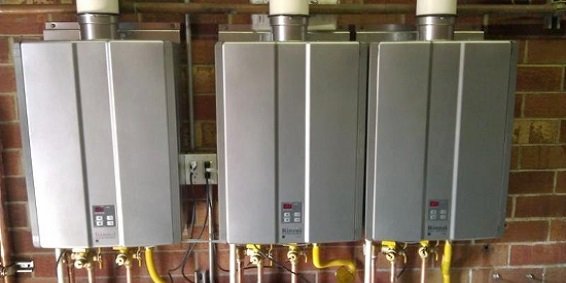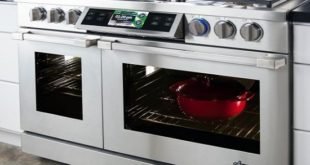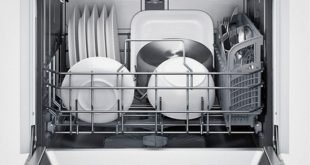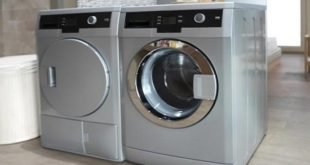A household appliance that has an electric or a gas heating under a tank where water is heated and stored is referred to as a water heater. A tankless water heater immediately heats water as it passes through it and does not store any water internally because it does not have a tank, hence its name. A tank-less water tank has a heat ex-changer coil inside. Due to their high conductivity of heat and ease of fabrication, copper heat ex-changers are mostly preferred.
How to choose a Tankless Water Heater?
Tankless water heaters are available in the market in different models, price and also quality which may confuse the buyer on deciding which is the best tank-less water heater for him/her to purchase. The following are what one needs to consider before settling for a given tank-less water heater:
1. Size
Choose a tankless water heater with the size that is enough to accommodate the number of devices you intend to run with the water heater. If you have more devices to run, then a larger water heater will be the best for you and vice versa.
2. Fuel type
Tankless water heaters are either fueled with gas or electricity. Since higher temperatures and greater flow is produced by gas water heaters, it is vital to ensure that there are vents to the exterior of the house and also gas line piping. In case of an electric one has to ensure that you have a good electric set up with sufficient amperage, voltage and also a good circuit breaker.
3. Safety
Choose a water heater that is safe to use such that it can automatically shut down the system when the heat ex-changer over heats so as to avoid disaster. Also, ensure that the water heater has oxygen-depletion sensor which can shut off the heater if carbon monoxide is detected.
4. Capacity
Choose a tank-less water heater with a capacity that can comfortably serve your family size, as this will be able to save on energy. One will not need to put it on every time so as to get enough hot water. This is if it has a smaller capacity compared to the family size.
5. Energy
Choose a water heater that has copper heat ex-changer due to their good conductivity of heat thereby ensuring maximum efficiency and thus saving energy.
6. Carbon IV Oxide emission
Select a water heater that has lower Carbon IV Oxide emissions thus contributing to greener and cleaner aired environment.
The benefits of a Tank-Less Water Heater
1. A tank-less water heater saves energy because it only heats water when the water is needed as compared to traditional tank heaters where energy is wasted due to thermal heat loss from the stored water.
2. With a tank-less water heater, one is ensured of continuous supply of hot water since it heats water instantly depending on demand. This is not the case in other water heaters where one needs to wait for the water to heat up again in case the hot water runs out.
3. Tank-less water heaters can last for more than 20 years as they don’t easily rust or leak as opposed to conventional water heaters which can last only up to 12 years.
4. Since tank-less water heaters do not have tanks, they take up a smaller floor space as compared to conventional water heaters which have large storage tanks hence taking up a lot of space.
Conclusion
Tank-less water heaters are suitable for energy saving and efficiency because they only heat water that needs to be used immediately as opposed to other water heaters which can waste energy due to thermal heat loss from the stored hot water. Tank-less water heater are also suitable for people who have smaller floor space as it does not require a lot of space to be installed as compared to other water heaters. It is also suitable due its durability and therefore saves on money needed to replace it. The following are some of tank-less water heaters found in the market: Rinnai RUC98iN Natural Gas, Rinnai RL94iP Propane and many others can be purchased on amazon.com.
To buy this product, click below button:
 lcait.com
lcait.com






